
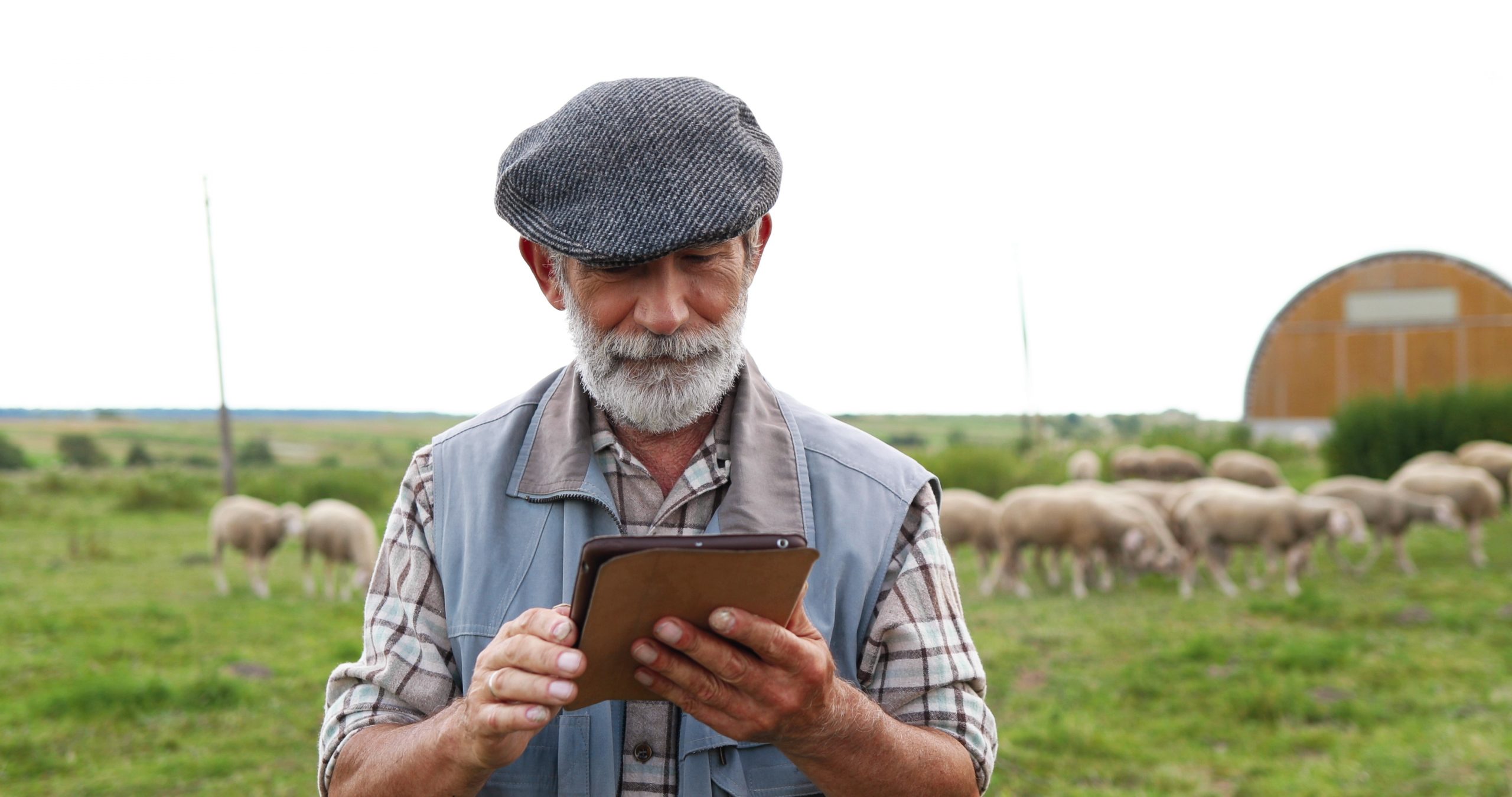
The future of traditional farming depends on innovative solutions to modern-day challenges such as climate change, increasing consumer demands, rising costs and regulation requirements. The use of IoT sensor intelligence allows farmers to interpret data through machine learning platforms to improve livestock health and sustainability. Field mapping and analysis can be utilised to increase yields and enhance crop health while improving farm income. Smart technology applications enhance farm management and long-term economics, guaranteeing a viable, future-proof business.
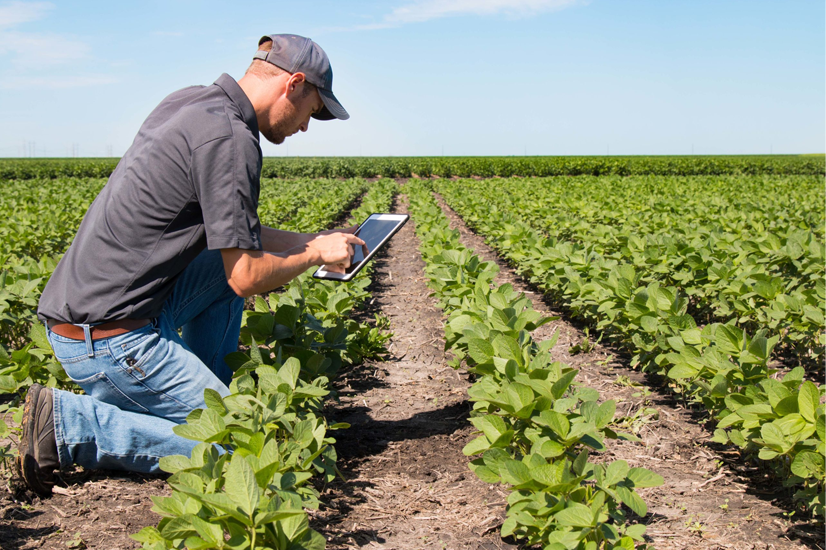
Advances in agricultural data innovation enables real-time monitoring of crop environments, plant health and nutrient availability. Conditions can be analysed and adjusted accordingly by the producer to safeguard crops, improve financial returns and create optimal growing environments while reducing the need for excess inputs.
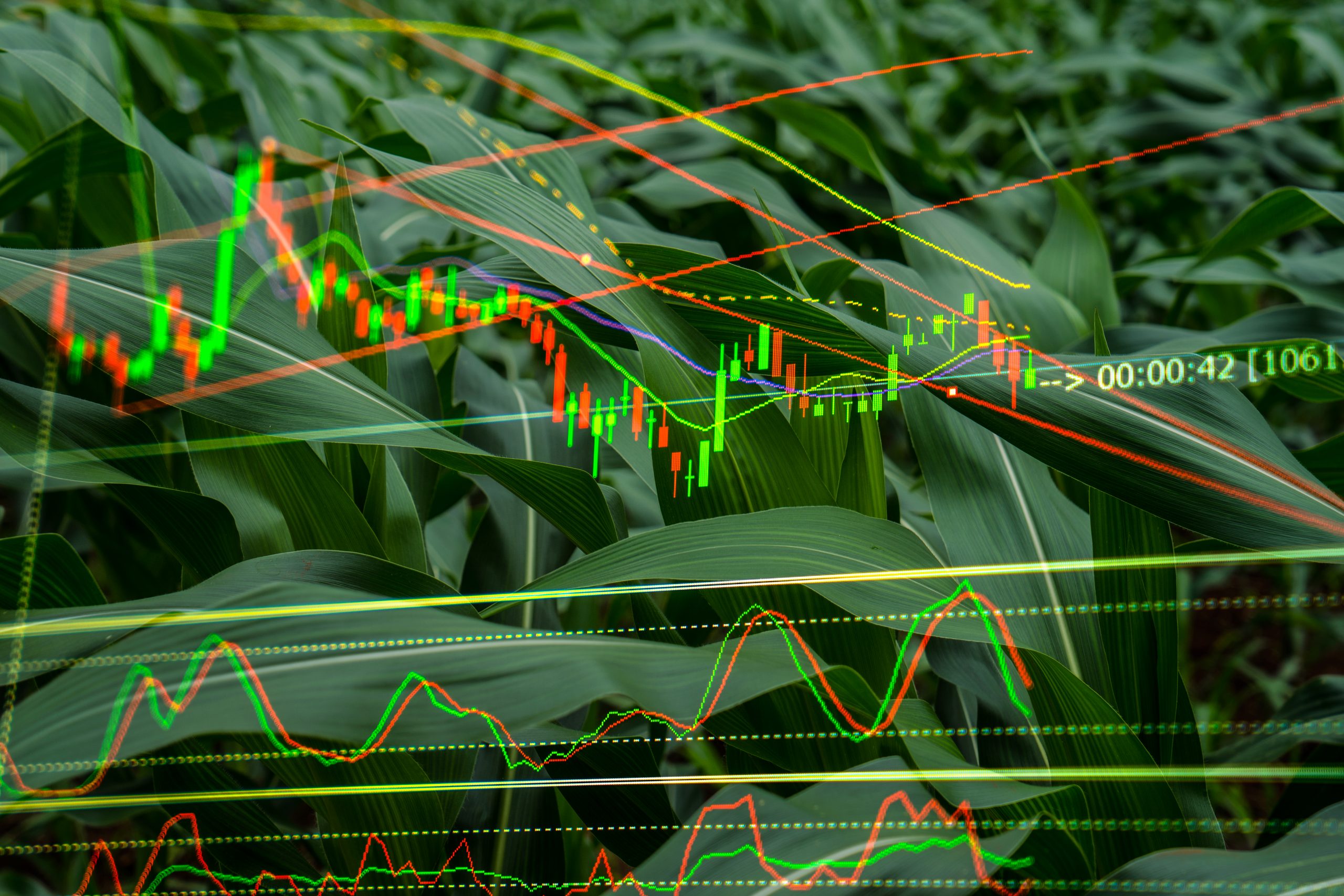
Conventional challenges such as increased input costs, changeable markets and rising consumer demands can make it difficult to maintain viable agricultural businesses. Advanced machine learning algorithms allow producers to manage all aspects of farm and business economics with ease. Livestock, land and crop health can be analysed and monitored in real-time using sensor technology, allowing the intelligent interpretation of data for effective management decisions.
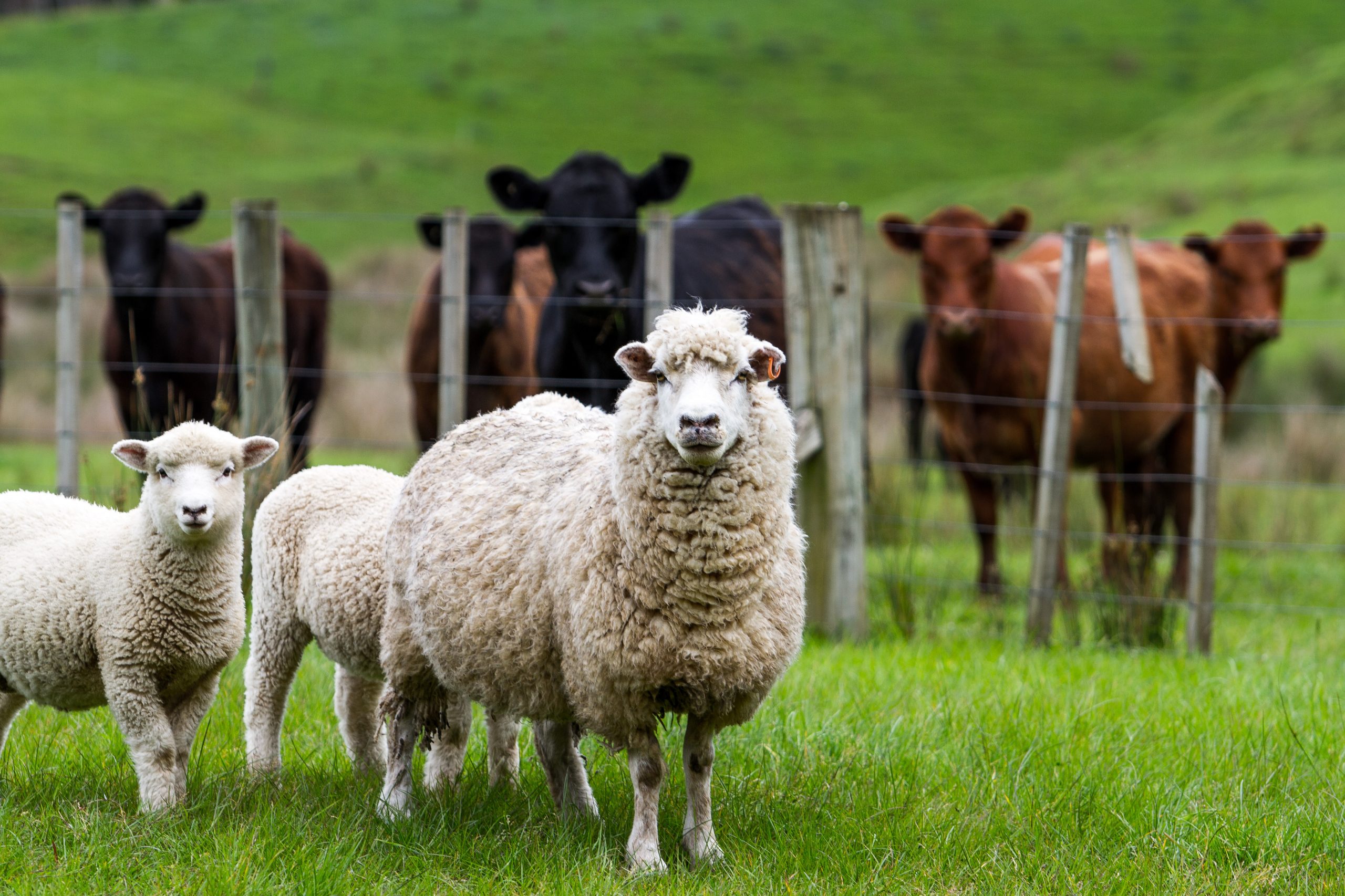
Improve livestock welfare with health and disease monitoring through machine learning analytics. With the use of this technology, farmers can pre-emptively detect and treat illnesses before they become acute. Crop growing conditions can be monitored and tailored to nutrient requirements, ensuring optimal environments for plant growth and higher yields with reduced costs.
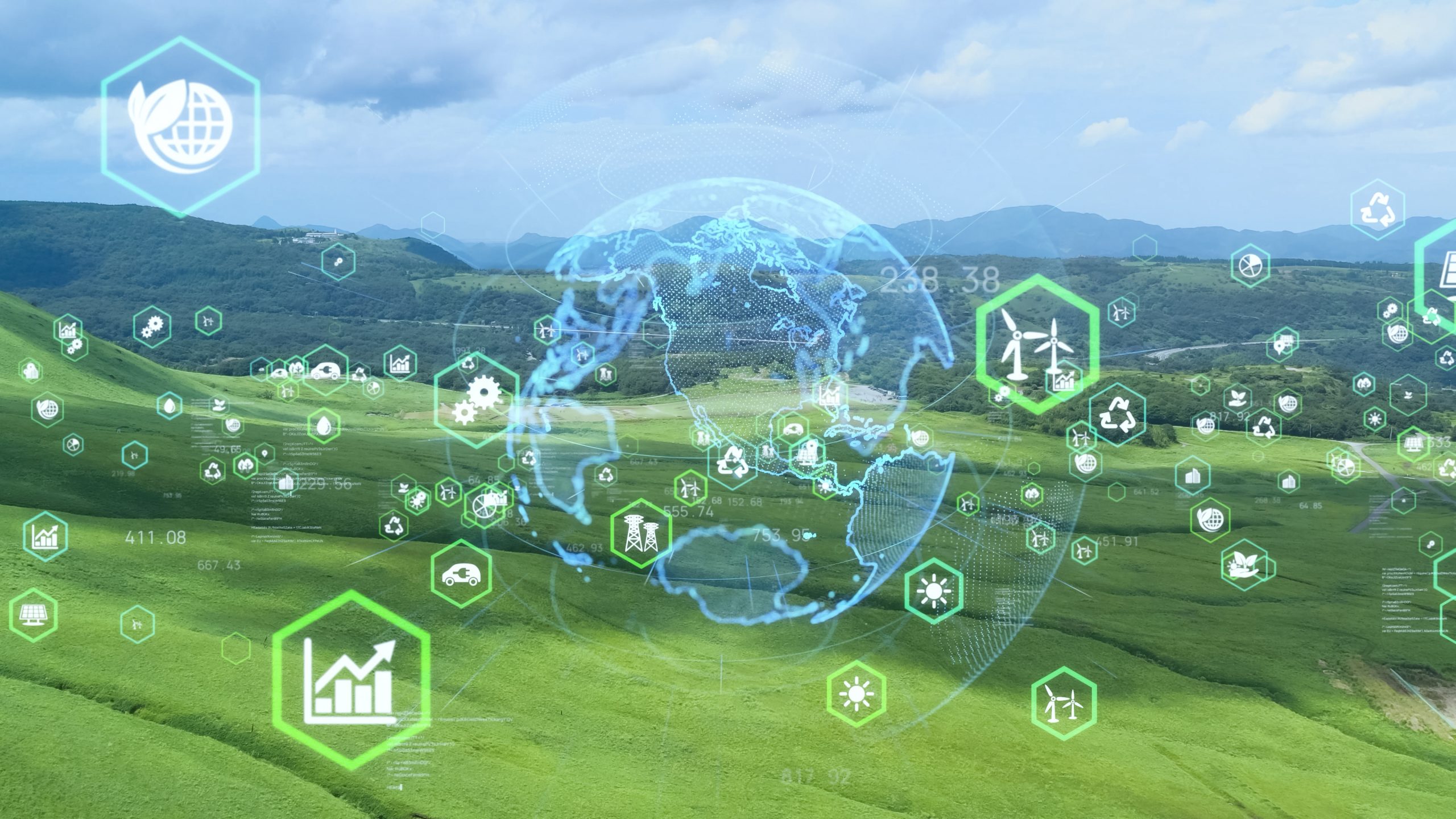
Agriculture and sustainability are intrinsically linked. With new challenges on the horizon and policy shifting the focus from production to the environment, sustainability is now becoming one of the main objectives of farm businesses. Soil health, air and water quality can be monitored and improved through the use of sensor intelligence and analytics, ultimately increasing environmental benefits and reducing costs while retaining production levels.

The possibilities of IoT sensor technology are endless. Sensors can be deployed on all aspects of a farm business, from analysing plant nutrients in soil, to monitoring environmental conditions in livestock buildings, or measuring the energy output on solar panels. Machine learning enables the intelligent interpretation and analysis of this data to give the producer enhanced insights for effective decision making.
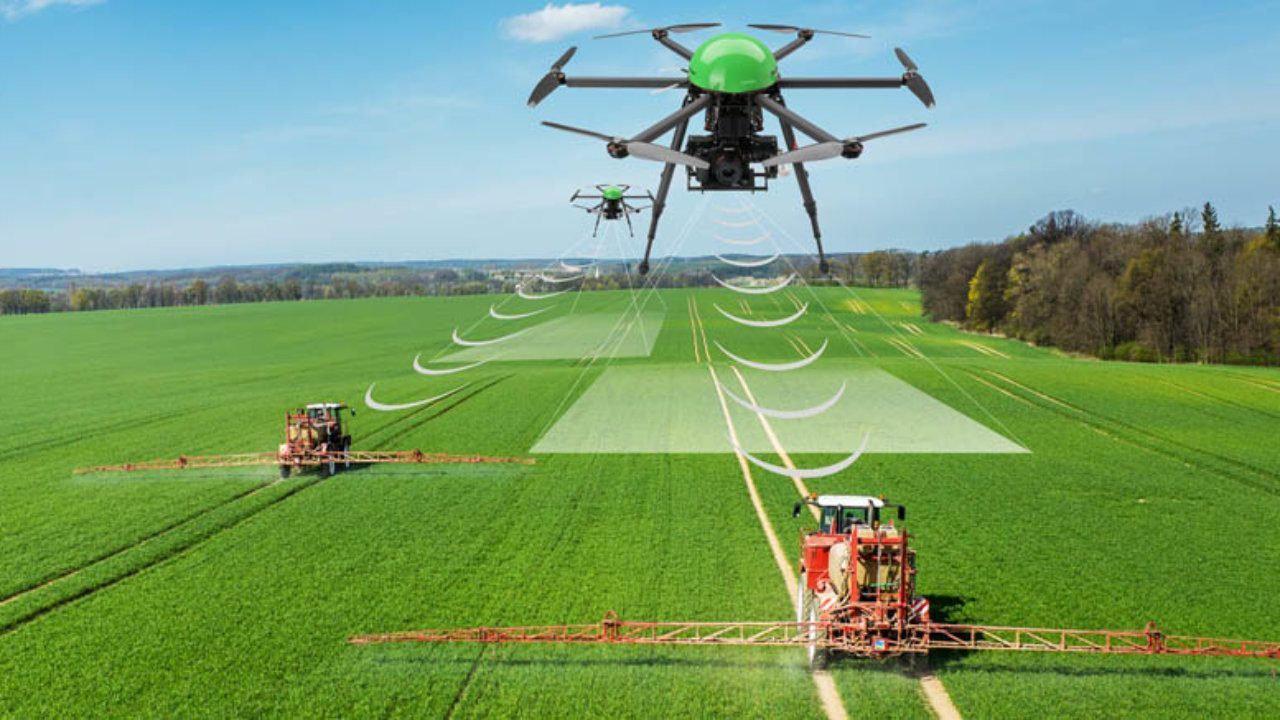
Drone technology captures images in immense detail, allowing for the comprehensive field mapping and analysis of land. Plant health can be enhanced through real-time crop monitoring while growing conditions can be adjusted accordingly. Safeguard and maximise yields through crop scouting to enable effective horizon scanning and fast, targeted action on diseases and pests before they become widespread.

Modern agriculture has been shaped by policy and regulation over time. Standards are continually rising, bringing added challenges to traditional farming. Artificial intelligence and machine learning enable the effective monitoring of animal health and welfare, alongside the improvement of environmental conditions on farms to meet the standards of regulation, as well as going above and beyond the requirements.